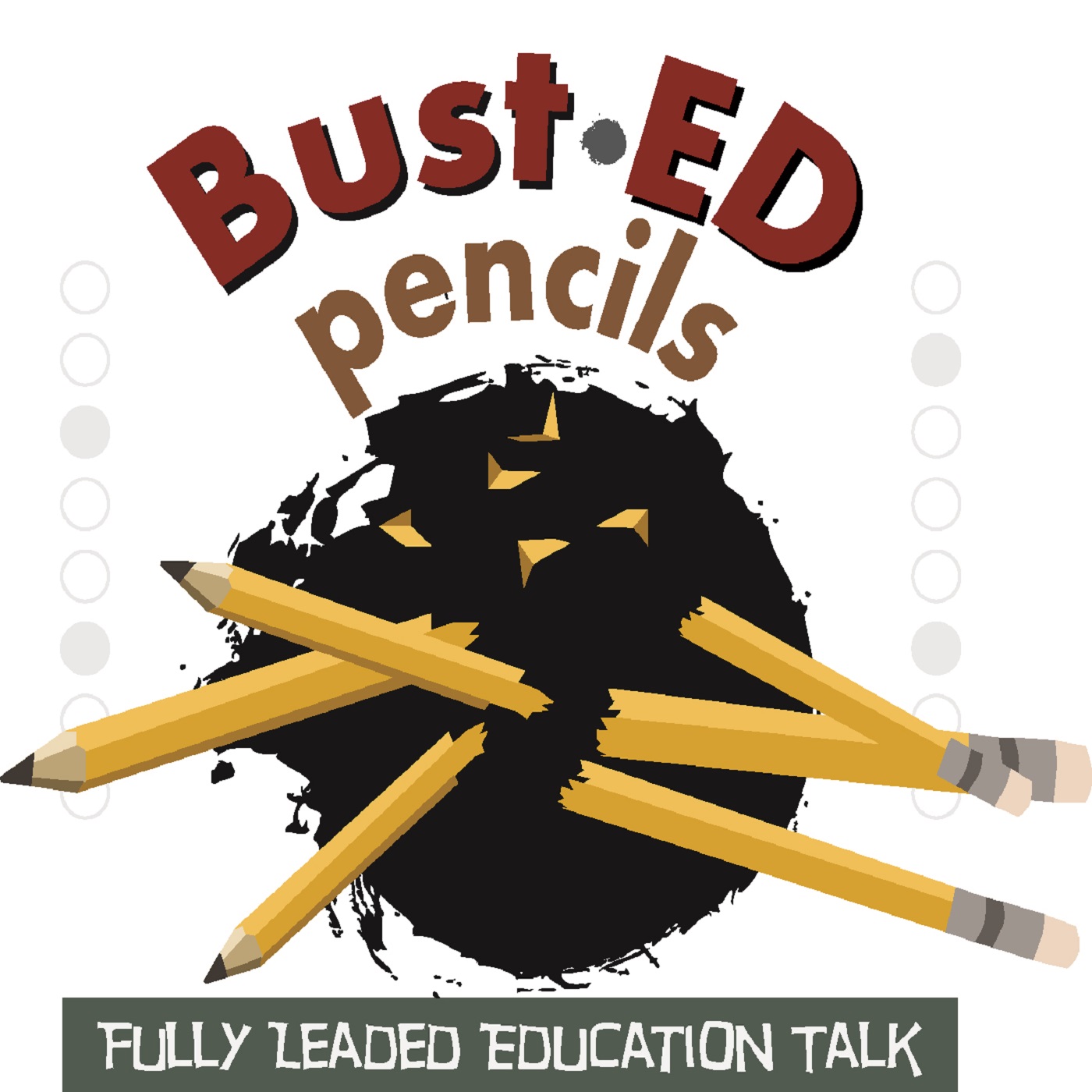BustED Pencils

Listen Live: Monday - Friday 6:00 pm - 7:00 pm
Host: Civic Media
BustED Pencils; Fully Leaded Education Talk is a powerful radio show/podcast dedicated to public education. BustED Pencils is known for its commitment to the hard facts with a humorous twist. Hosts Dr. Tim Slekar and Dr. Johnny Lupinacci cover the “real” issues in education. The show establishes an alternative space and discusses education reform from an entirely progressive perspective. Our approach is funny, edgy, passionate, witty and gritty and features an array of guests. BustED Pencils explores the political and commercial influences behind education policy. We deliver trending education news without the jargon, and most importantly, we promote a vision of public schools that all children deserve. BustED Pencils appeals to ”your neighbor”—parents, grandparents, guardians, teachers, policymakers, taxpayers and students alike.

Tennessee State Representative Gloria Johnson joins the show to discuss her staunch opposition to recent legislation allowing teachers to carry concealed firearms in schools. Johnson, a fervent advocate for public education, shares insights from the Tennessee state legislature, highlighting the intense emotions and protests surrounding this controversial bill. The episode delves into the broader implications […]

In this thought-provoking episode of Busted Pencils, hosts Dr. Tim Slekar and Dr. Johnny Lupinacci delve deep into the critical issues surrounding safety, protest, and education in our current social climate. They tackle the controversial topic of arming teachers in Tennessee, a reflection of the broader anxieties about safety in schools across the United States. […]

After years of asking for it, the right has finally gotten their way: Tennessee will now allow teachers to arm themselves with firearms in schools. Will this stop school shootings? Will this increase them? Will this do anything??? Between Dr. Tim, Dr. Johnny, Teacher Hallie and Teacher Joanna… we don’t know. But this is maybe […]

In this electrifying episode of Busted Pencils, hosts Dr. Tim Slekar and Dr. Johnny Lupinacci dive into the heart of educational discourse, focusing on the newly proposed expansions of Title IX. They provide a compelling commentary on the impact of these changes on LGBTQ+ students and pregnant women, emphasizing the necessity of inclusive and equitable […]

From now on, Dr. Tim and Dr. Johnny will be joined every third Monday by educators from Wisconsin Public Education Network! Today, we have their Executive Director, Heather DuBois Bourenane, and Christian Phelps, their Director of Digital Organizing and Communications. In the wake of recent referendums around the state, Heather and Christian update us on […]

She was so nice, we just had to put her episode on twice. This weekend’s Best Of episode for Bust-Ed Pencils is a re-release of our interview with Mrs K, a veteran teacher on the modern circumstances surrounding teaching in America.

Dr. Johnny is still on the road, but he’s calling in old fashioned way to reach YOU before the school week gets out! Between him, Dr. Tim, and Producer Anya, we’re tackling the news and the reviews of the past week.

On a night with no guests booked and no Johnny Lupinacci to be found, it’s up to Producer Anya alone to keep Dr. Tim on the right track – towards freedom! Together they’re tackling book bands and student teaching stipends… or are those retention rebates?

From the luxury of his tornado bunkers, Dr. helms today’s Bust-ed Pencils alongside his co-host Dr. Johnny, plus Teacher Hallie and Teacher Joanna from Educators Amplified! Through their candid discussions, they highlight public education’s dwindling retention rates, the de-professionalization of teaching, and the systemic challenges that deter seasoned educators from continuing in their roles. They […]

In this thought-provoking episode of “Busted Pencils,” educators Dr. Tim Slecker and Dr. Johnny Lupinacci are joined by seasoned teacher Melinda Karshner delve into the ongoing challenges and pressures of standardized testing in schools. With over two decades of experience, Mrs. Karshner brings a critical perspective on how current testing practices affect not just the […]

